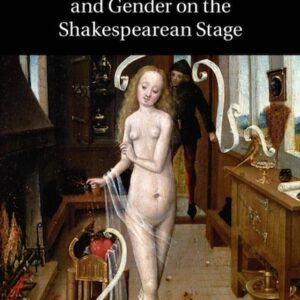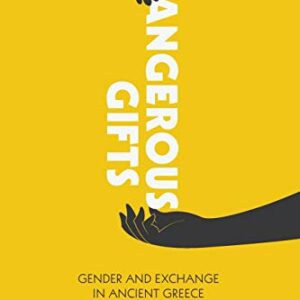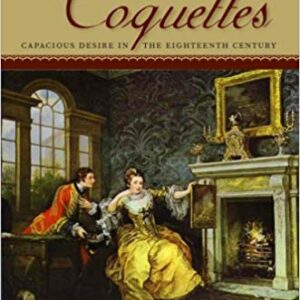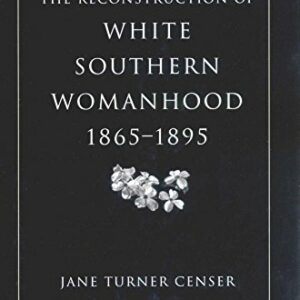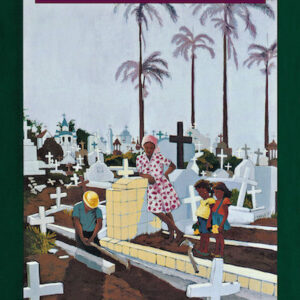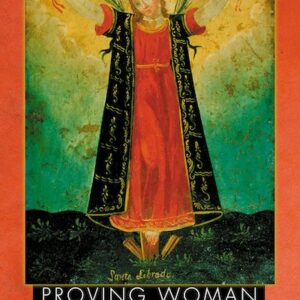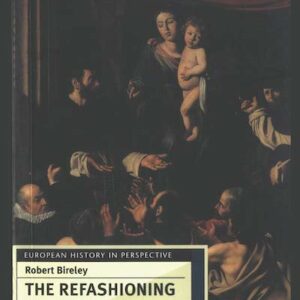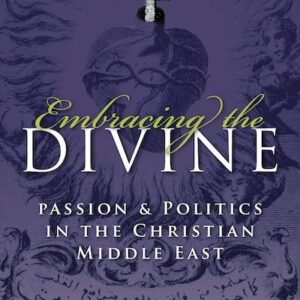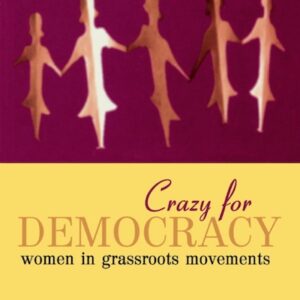
Crazy for Democracy: Women in Grassroots Movements
By Temma Kaplan (NHC Fellow, 1992–93) Crazy for Democracy vividly shows, through the lives of six women in the United States and South Africa, just what can be and is being accomplished to change our lives. At a time when we're depressed about democracy, pessimistic about race relations, and anxious about feminism, Crazy for Democracy vividly shows, through … Continued
